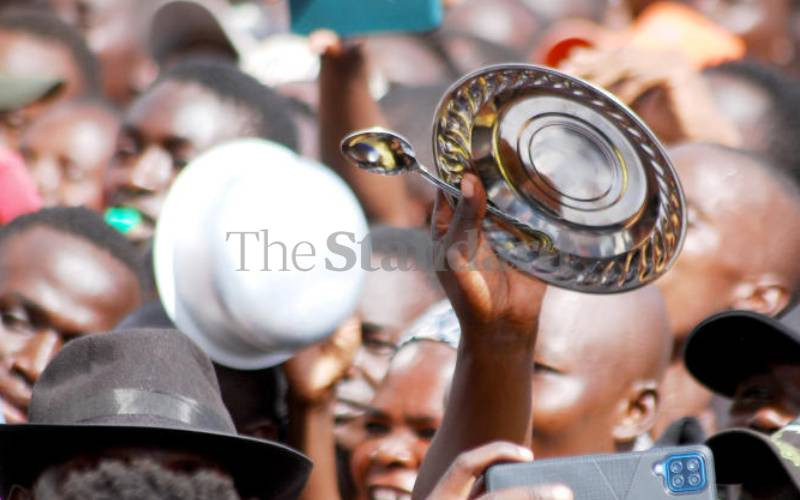
On September 22, 2021, this column warned of impending increases in taxes. It attributed the same to the country's profligate borrowing with the debt to GDP ratio at 68 per cent at the time, highlighting the need for increased revenues to service public debt.
It said, "taxes like VAT and excise duty were the low hanging fruit that the government would recourse to and that would raise revenues fairly quickly without fundamental changes to the tax system." It also spoke of harder times in the foreseeable future, saying, "taxes would not come down despite popular protestations," and that, "Excise taxes and VAT would probably go up with the latter approaching the late teens."